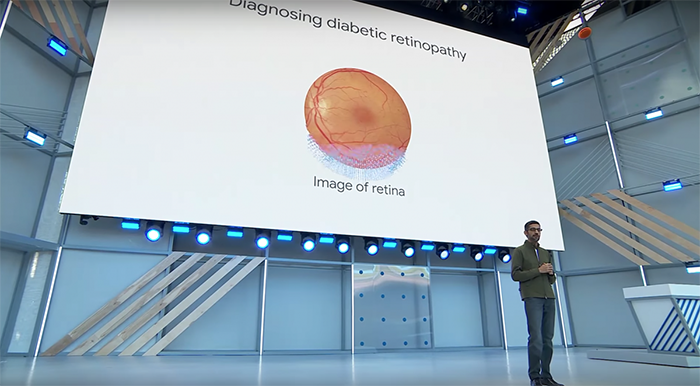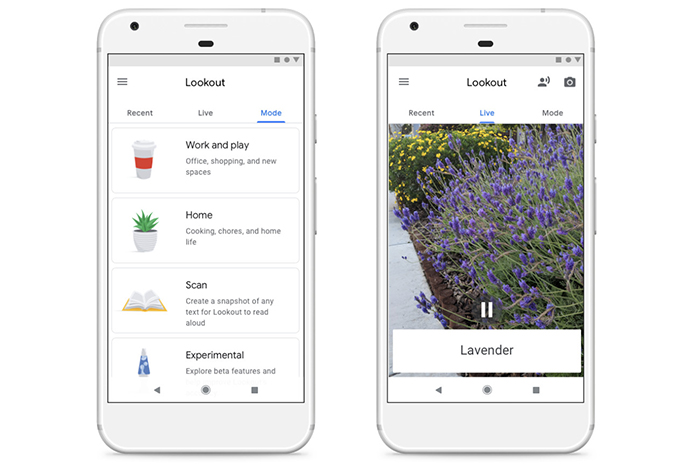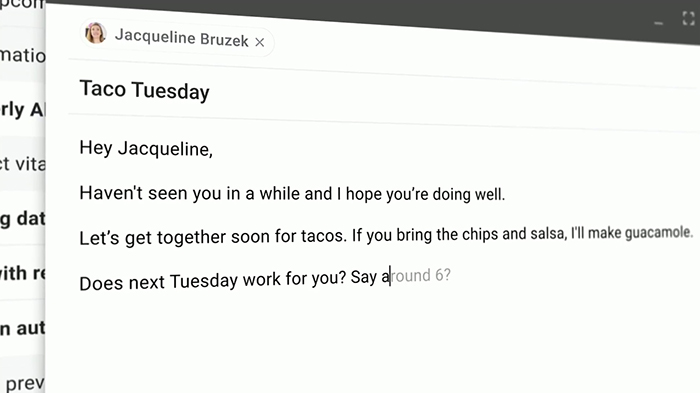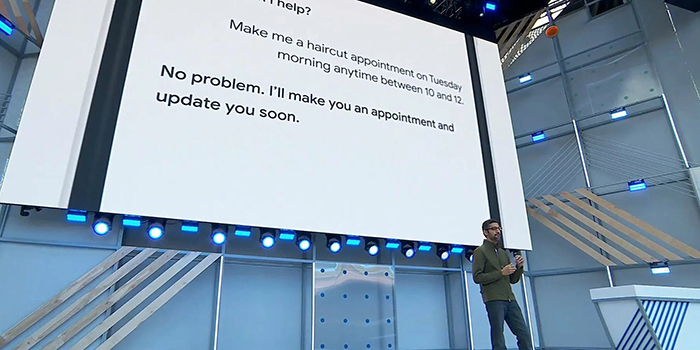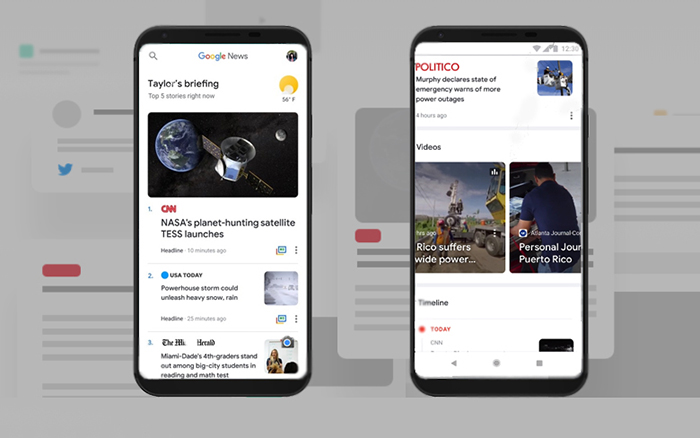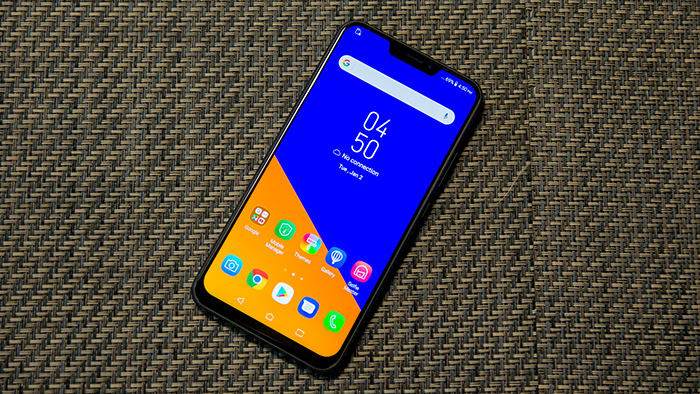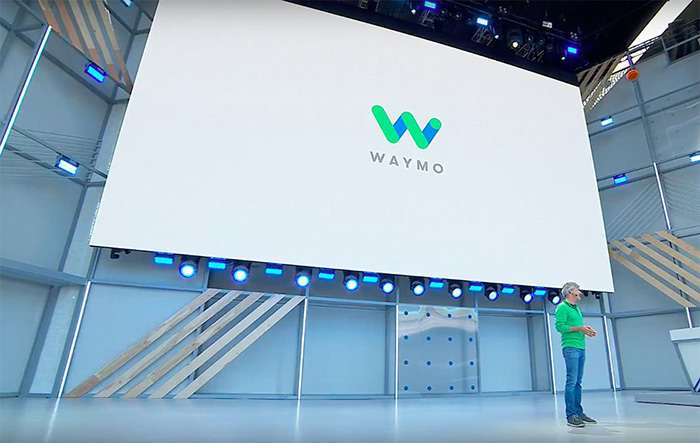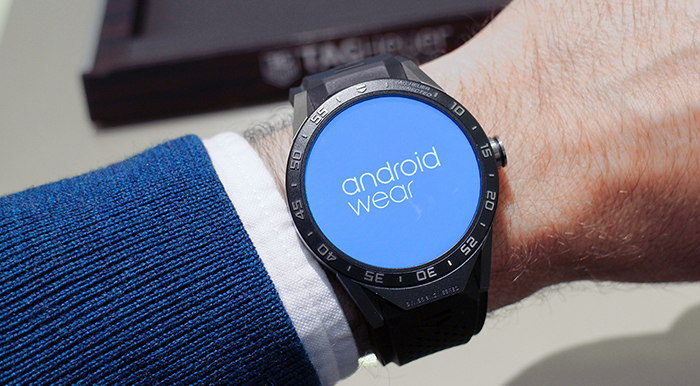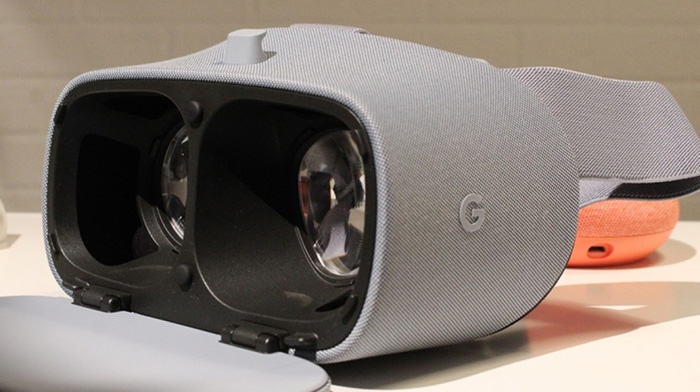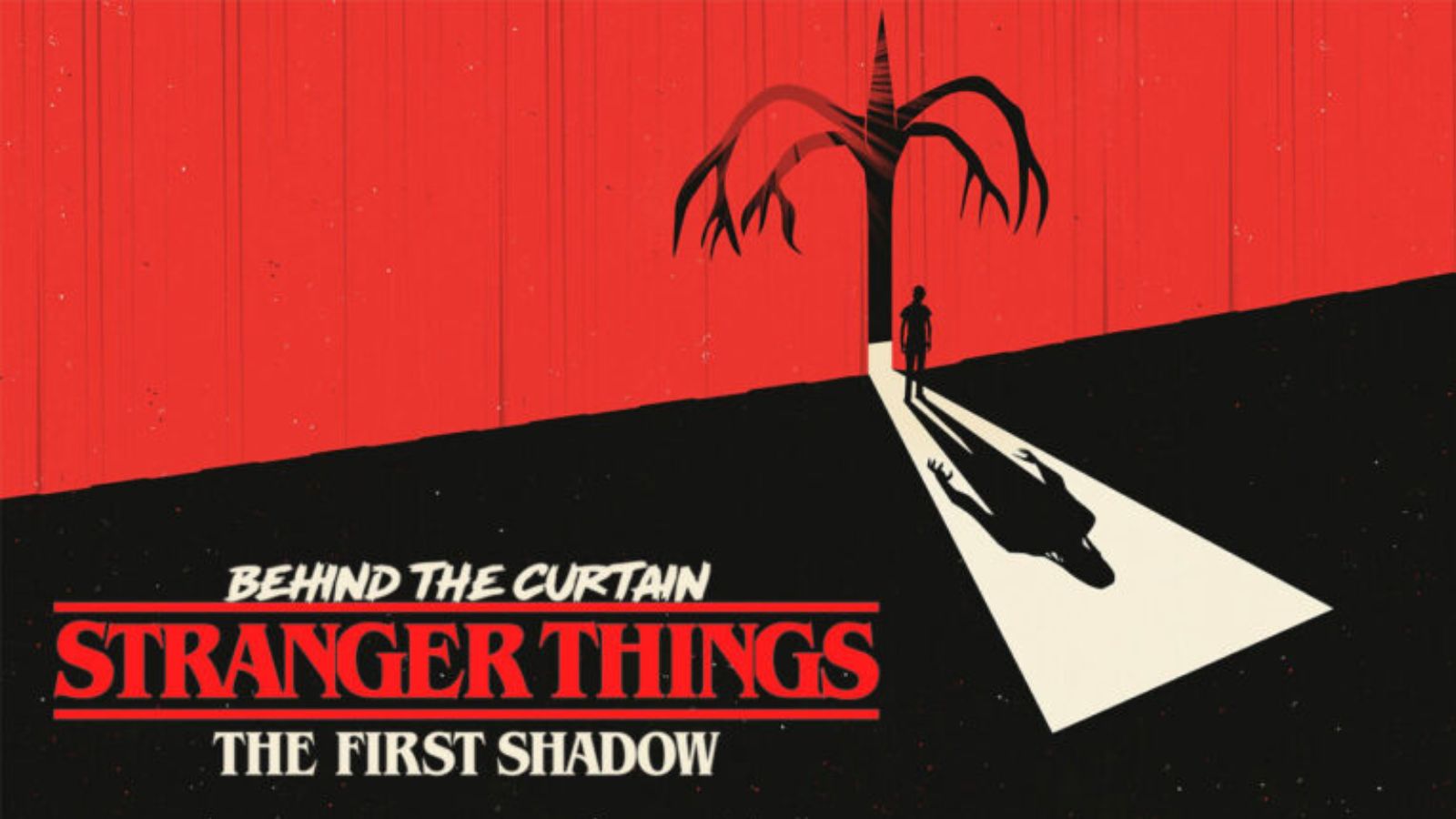
Google I/O 2018: Everything You Need to Know!
With Google’s I/O 2018 event behind us, we’re still processing everything we heard. Numerous new information surfaced about everything from healthcare, artificial intelligence, up to the upcoming version of Android. We have wanted to bring you a centralized place for all the new information, which is why this article will be dedicated to Google I/O 2018. Keep on reading to learn more about all of Google’s recent announcements.
Google I/O 2018: Announcements & Highlights
As we have predicted earlier about Google I/O 2018, the company went in-depth when it comes to Android P. However, did you know that Google is using artificial intelligence to improve healthcare? Or, do you know that a whole slate of apps made by this company will receive significant updates soon? Keep on reading to find out more.
AI Health Projects
Artificial intelligence might sound like a distant future. However, this technology has already found its use in today’s world. During its I/O Developers’ Conference, Google has unveiled a tidal wave of highly exciting initiatives and products.
As Google SEO Sundar Pichai said: “Last year at Google I/O we announced Google AI, a collection of our teams and efforts to bring the benefits of AI to everyone” and then added “… Healthcare is one of the most important fields AI is going to transform.” The first result of this effort is the company’s work on using retina images to detect diabetic retinopathy. More specifically, AI can be used to predict patients’ five-year risk of adverse cardiovascular events. This kind of ‘deep learning’ is already being tested in India, where the field trials are going really well, according to Pichai.
There is also a separate machine learning application aimed at helping blind and visually impaired individuals to learn about their surroundings. Called Lookout, the app will use the phone’s camera view to process items in your environment and share information of importance, as noted in the blog post. Thanks to audio cues, blind and visually impaired individuals will be able to navigate their surrounds and become more independent.
Gmail Improvements
A few weeks ago, Gmail received a total makeover. Those of you who are big fans of this email service have probably enabled the redesigned Gmail by now. As you can imagine, this isn’t where Google is going to stop, as this year’s Google I/O Conference already proved.
A new feature called Smart Compose, powered by artificial intelligence will roll out soon. It is designed to predict what you will write and to suggest common phrases along the way. In other words, Smart Compose is designed to save you some time while helping you avoid grammatical mistakes. This is actually a continuation of a feature called Smart Reply that Google introduced last year. Thanks to Smart Reply, Gmail understands the context of your incoming email messages and provides automated short replies.
Smart Compose will be released in the next few weeks. In case you’d like to receive it before anyone else, make sure to enable ‘Experimental Access’ in your Settings menu. In case you’re a Microsoft fan, don’t be swayed by the new AI feature since Outlook is also poised to receive new updates soon.
Google Duplex
The company’s latest innovation when it comes to Google Assistant is a technology called Duplex. It uses a bunch of highly advanced technologies to create a lifelike Google Assistant persona. So, you must be wondering what’s the main role of this? Well, the main role is to let Google Assistant make phone calls on your behalf.
Let’s say that you want to make a reservation for two at your favorite restaurant. You can instruct the Assistant to do that for you in a single sentence. From there on, the Assistant will find a phone number of the Web and make a call. Don’t worry, this phone call won’t sound robotic at all – in fact, Google Assistant sounds very ‘human’. This is yet another role of artificial intelligence working alongside you as you go about your day.
Google Duplex is a product that will be perfected in the future, which means that we don’t have a release date just yet. However, there’s something new about Google’s digital assistant that you can use today – and those are six new voices that are already available. And also, Google Assistant is coming to Wear OS with plenty of other new features.
Refined & Greatly Improved Google News
Artificial Intelligence has found its way to Google News as well. Thanks to a new ‘For You’ tab, Google News will use AI to better understand your interests and bring you information that you truly care about. Also, a new feature called ‘Full Coverage’ will dive deeper into the specific article and find other relevant sources including videos, local news reports, FAWs, social media, and more.
And of course, this is tightly connected to the company’s Newsstand feature that lets you access more than 1,000 magazines optimized for different screen sizes. For a more comprehensive overview, turn to our coverage of the new Google News app.
Android P - Coming This Fall!
This fall, Google will release the new major version of its mobile operating system, named Android P. You will be happy to hear that Android P won’t simply be an incremental upgrade. Instead, artificial intelligence will find its way to almost every part of this OS. This begins with a better understanding of how you use your phone and optimizing its battery life. AI will make sure that rarely used app don’t take precious resources. Then, there are new ways to interact with your phone via all new gestures. Similar to how Apple is going this, Android P will be more interactive and will allow phone manufacturers to make phones with non-existing bezels. It’s also worth noting that Android TV will receive a few useful upgrades.
Finally, Android P brings a new set of features dedicated to digital wellbeing. These are designed to help you understand the way you use your phone and to improve that habit as well. You can set app timers to limit your use of certain apps and limit other audio and visual distractions.
You can download Android P beta today if you want to try it out. If you want to learn more about numerous new features, here’s our overview of 20+ best Android P features. Also, make sure to learn more about Android Jetpack if you're into creating Android apps.
Google’s Autonomous Vehicles
Google I/O 2018 also showed us the latest achievements in the sphere of autonomous vehicles. Google Brain and Waymo are working together on reducing the error-rate of detecting pedestrians. The company has showed its AI’s ability to detect pedestrians in a whole range of obscure situations, making us happy to see this kind of progression.
Google’s latest technologies are now capable of detecting pedestrians in a much better way that human ever could. As Waymo notes, these advancements are fully operational in real-time and even in bad weather. Even though we are still far from having reliable and fully autonomous vehicles, it’s good to see that artificial intelligence has a huge potential to simplify our lives in the future.
Google I/O 2018: What We Didn’t See?
Even though we've seen plenty of new things, Google kept quiet about other technologies. So, let’s take a look at what the company failed to talk about – or failed to come up with significant innovations since the last year’s Google I/O Conference.
Smartwatches & Wear OS
A few years ago, we’ve seen a fairly large number of Android smartwatches. However, it seems like Android Wear (or Wear OS) didn’t turn out the way we all hoped. Google I/O 2018 went without major announcements, except that Google Assistant and a few Android P features will come to Wear OS in the fall.
It is also interesting to note that we’ve been hearing rumors about three new Android smartwatches produced by Google. As noted by Android Central, these devices should arrive this fall alongside the next generation of the company’s Pixel smartphone.
Google’s Gaming Initiative
Back in February 2018, numerous online publications reported about Google Yeti. Apparently, this is a codename for the company’s gaming console. The reports were saying that Google plans on unveiling a streaming service dedicated to games that are delivered via Chromecast devices. It is also worth noting that Google has hired Phil Harrison, a man with 15 years of experience working as an executive in Sony’s PlayStation division and 3 years of experience working for Microsoft’s Xbox.
VR & AR Initiatives
Back at Google I/O 2016, Google announced Daydream – a big push into virtual reality. Even though this technology and Google’s VR products are still available, they are less than exciting. There are very few new VR games and experiences, making us believe that Google’s Daydream technology isn’t the most important thing for the company.
Final Thoughts
Dear readers, that would be all when it comes to Google I/O 2018. If you have anything to add, or if you have any questions, don’t hesitate to post a comment below.
As always, we’d like to ask you to share this article online and help us spread the word about Google’s latest achievements. Thank you!

